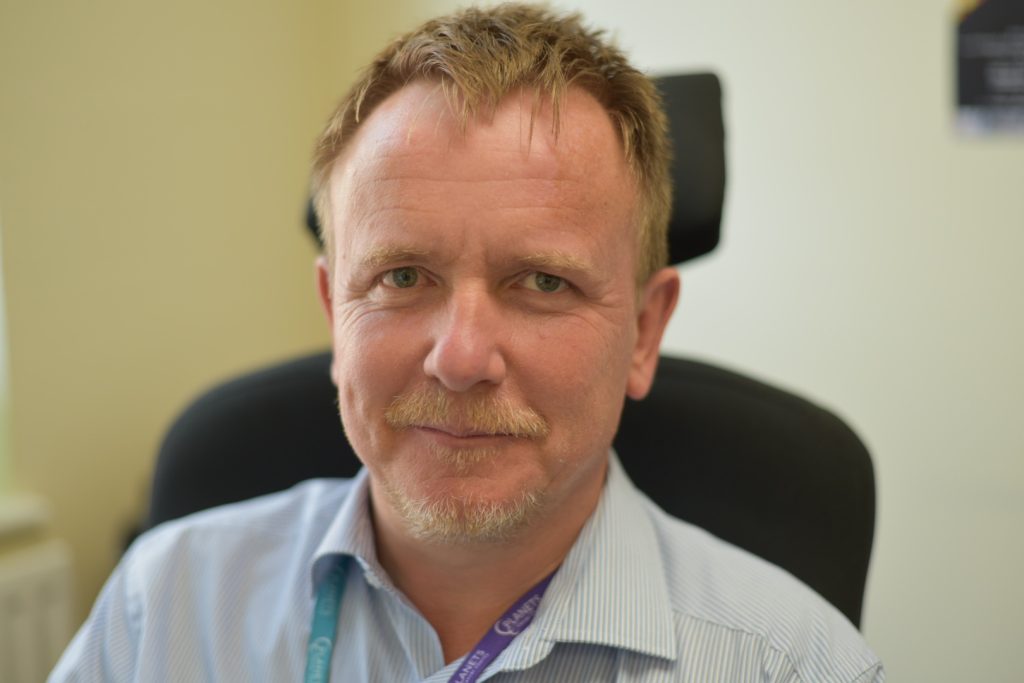FUNDRAISING FOR A CURE
Donating is simple, fast and totally secure. Your details are safe with us and we will never sell them
Petition to ensure affordable travel insurance for cancer patients secures 130,000 signatures
A petition launched by PLANETS Cancer Charity calling for patients to be offered affordable travel insurance has secured more than 132,000 signatures.
It was started after the charity warned cancer patients are being denied valuable holiday respite due to extortionate costs. In some cases, insurers will not cover patients at all. Neil Pearce, co-founder of PLANETS, which helps patients with pancreatic, liver, colorectal, abdominal and neuroendocrine cancer, has referred to it as a “scandal”.
While many cancer patients are denied insurance due to their current or previous illness, others are quoted exorbitant fees for short breaks. Examples included one patient quoted £7,000 for a two-week trip to Canada and another £1,000 for a week in Spain. Both patients had neuroendocrine tumours, known as NETs, which are usually found in the pancreas, bowel or lungs but can also develop in other parts of the body and are slow growing – with many living with stable disease.
Many others who have recovered from treatment for more aggressive types of cancer and are in remission are categorised alongside patients with active cancer and ongoing treatment, meaning they are often either refused cover of pay the same high premiums.
Following the success of the petition, PLANETS wrote to the Financial Conduct Authority (FCA), the UK’s financial regulator which oversees the travel insurance industry, to highlight the issues. This has resulted in PLANETS being asked to collaborate with the FCA, as well as the Association of British Insurers (ABI), to support a review and put forward proposals to overcome some of the challenges being faced.
The FCA has issued guidance to insurers to signpost people with health issues seeking travel insurance to directories of firms – such as Money Helper – who cover more serious conditions, though awareness is poor and this doesn’t prevent inflated costs. Despite the FCA’s governance rules requiring firms to ensure, on an ongoing basis, that their travel products provide fair value to customers, cover for cancer patients remains a commercial decision.
Last month, PLANETS joined forces with Cancer52, an organisation which represents more than 100 cancer charities that support those affected by rare and less common cancers, to conduct a survey of their chief executives to understand the impact of these issues on a larger scale. Thirty CEOs completed the survey. The results showed 83 per cent said their patients reported difficulties obtaining sensibly priced insurance for foreign travel, with almost 50 per cent regularly modifying plans and 38 per cent often abandoning them altogether. Almost a quarter (23 per cent) said their patients regularly travelled without insurance and 43 per cent said they sometimes did, while 73 per cent said their patients often paid excessive amounts for cover.
Mr Pearce, a recently retired consultant surgeon specialising in pancreatic, liver and neuroendocrine tumours (NETs), said the results showed the magnitude of the problem. “The survey results demonstrate how significant this problem is and the immense impact it has on the finances and wellbeing of cancer patients,” he said.
“The FCA is doing work around this which is helpful, however, the fundamental problem is the industry works to guidelines and not statutes so nothing is truly enforceable.
“Ultimately, as is described in the FCA Handbook, cover remains a commercial decision at the discretion of companies it leaves cancer patients exposed and vulnerable to extortionate fees and will continue to do so until things change fundamentally.
“I would imagine that it is hard for insurance companies to quantify the risk without specialist knowledge and an experienced judgement which requires a clinical opinion.
“We know the bottom line is these companies will be interested in easy to assess, low-risk insurance which is simple for them to make a judgement on and quantify risk – and the easy solution is to say all cancer is high risk.
“Therefore it is priced in such a way as to make it commercially safe for them and financially unappealing for customers to take out and, this way, they avoid a difficult to quantify risk which might be associated with a high payout if they get it wrong.”
He added: “The major problem with this as a cancer charity is that, while it makes perfect business sense, it is no help for patients who deserve better and we will continue to push for a better deal.
“We are now in regular contact with both the FCA and the ABI where we are actively putting forward proposals and suggestions which could trigger a change in the industry for cancer patients.
“In the meantime, we urge people to keep supporting us as we pursue this campaign by signing our petition and boosting the numbers further.”
The petition is still running and can be signed at: https://www.change.org/p/
READ ABOUT HOW FUNDS ARE USED
Subscribe to our Newsletter
Get informed about the latest news straight to your inbox





